Tribute paid at Đinđić grave
Family members and state officials paid their respects to late Prime Minister Zoran Đinđić laying wreaths and flowers at his grave in Belgrade.
Friday, 12.03.2010.
12:00

Family members and state officials paid their respects to late Prime Minister Zoran Djindjic laying wreaths and flowers at his grave in Belgrade. Djindjic’s widow Ruzica and his son Luka arrived to the cemetery with President Boris Tadic, Prime Minister Mirko Cvetkovic, Deputy Prime Minister Bozidar Djelic, and Defense Minister Dragan Sutanovac. Tribute paid at Djindjic grave Officials of the Democratic Party (DS), G17 Plus, Serbian Renewal Movement, ministers from Djindjic’s cabinet, Belgrade Mayor Dragan Djilas and other city officials also paid their respects on Friday, the day marking seven years since Djindjic was assassinated. The DS Youth group organized a march to the cemetery and handed out white roses and candles to citizens that joined them. There is a long line of citizens waiting to pay their respects to the late prime minister. Djindjic was shot and killed in Belgrade on March 12, 2003, in a conspiracy involving members of the disbanded JSO unit and a crime gang known as the Zemun Clan. Zvezdan Jovanovic, found guilty of firing the bullets that killed the prime minister, and Milorad Ulemek, the mastermind behind the assassination, were sentenced to 40 years in prison each. (Tanjug) Djindjic: Life and career Zoran Djindjic was born on August 1, 1950 in Bosanski Samac, Bosnia. He and his wife Ruzica had two children. He started his philosophy studies in Belgrade but was arrested and sentenced to a year in prison together with a group of students from Zagreb and Ljubljana who had stood up to the authoritative regime of the communist former Yugoslavia. After graduating, Djindjic he could not get a job, so he left to Germany where he received his PhD degree at the University of Konstanz. He came back to Yugoslavia after 12 years and after the fall of the Berlin Wall. Djindjic was a member of Democratic Party (DS) since 1989 as one of its founders and its most influential president. After the opposition won the local elections in 1997 and the clash with Milosevic’s regime, he became the first mayor of Belgrade who had not previously been a member of the Communist Party. During 2000, he was the main strategist and organizer of the opposition’s campaign which ended on October 5 with Milosevic’s departure from power. In January 2001 he became the first Serbian prime minister who did not have a communist background. In a keynote address to MPs he stated that Serbia had been left “at the mercy of brutal interest groups within the country and international interests from outside, but that time passed on October 5.” “Serbia has taken her destiny into her own hands and we take today, in a symbolic sense, as October 6, as the beginning of implementation of the national consensus for fundamental changes,” Djindjic said as he was elected prime minister. Two years later, he was shot and killed in front of the government building in Belgrade.
Tribute paid at Đinđić grave
Officials of the Democratic Party (DS), G17 Plus, Serbian Renewal Movement, ministers from Đinđić’s cabinet, Belgrade Mayor Dragan Đilas and other city officials also paid their respects on Friday, the day marking seven years since Đinđić was assassinated.The DS Youth group organized a march to the cemetery and handed out white roses and candles to citizens that joined them.
There is a long line of citizens waiting to pay their respects to the late prime minister.
Đinđić was shot and killed in Belgrade on March 12, 2003, in a conspiracy involving members of the disbanded JSO unit and a crime gang known as the Zemun Clan.
Zvezdan Jovanović, found guilty of firing the bullets that killed the prime minister, and Milorad Ulemek, the mastermind behind the assassination, were sentenced to 40 years in prison each.
Đinđić: Life and career
Zoran Đinđić was born on August 1, 1950 in Bosanski Šamac, Bosnia. He and his wife Ružica had two children.He started his philosophy studies in Belgrade but was arrested and sentenced to a year in prison together with a group of students from Zagreb and Ljubljana who had stood up to the authoritative regime of the communist former Yugoslavia.
After graduating, Đinđić he could not get a job, so he left to Germany where he received his PhD degree at the University of Konstanz. He came back to Yugoslavia after 12 years and after the fall of the Berlin Wall.
Đinđić was a member of Democratic Party (DS) since 1989 as one of its founders and its most influential president.
After the opposition won the local elections in 1997 and the clash with Milošević’s regime, he became the first mayor of Belgrade who had not previously been a member of the Communist Party.
During 2000, he was the main strategist and organizer of the opposition’s campaign which ended on October 5 with Milošević’s departure from power.
In January 2001 he became the first Serbian prime minister who did not have a communist background.
In a keynote address to MPs he stated that Serbia had been left “at the mercy of brutal interest groups within the country and international interests from outside, but that time passed on October 5.”
“Serbia has taken her destiny into her own hands and we take today, in a symbolic sense, as October 6, as the beginning of implementation of the national consensus for fundamental changes,” Đinđić said as he was elected prime minister.
Two years later, he was shot and killed in front of the government building in Belgrade.












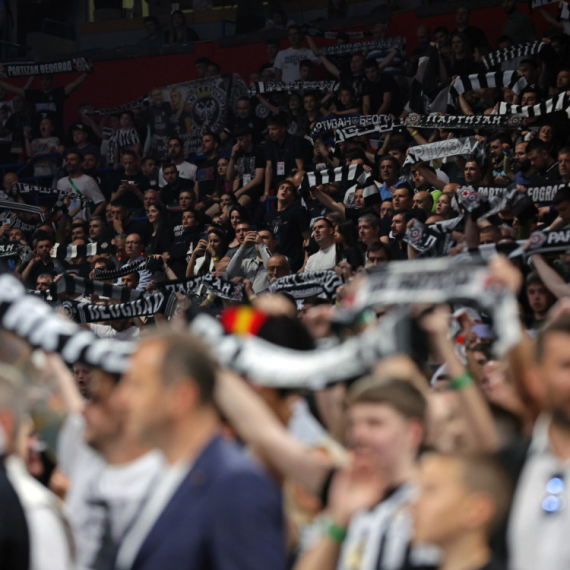

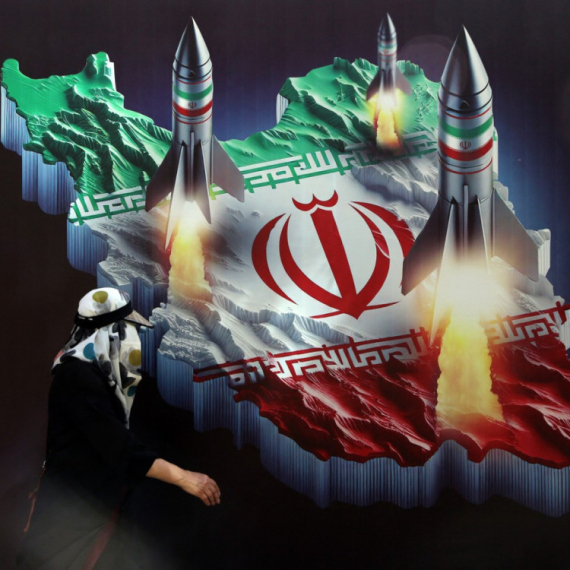

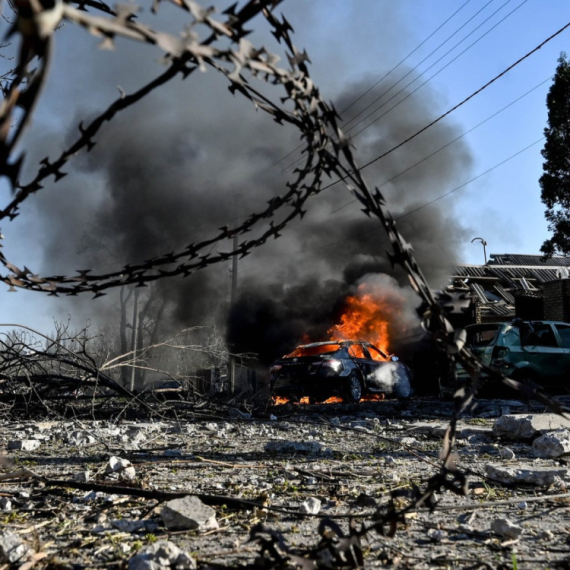

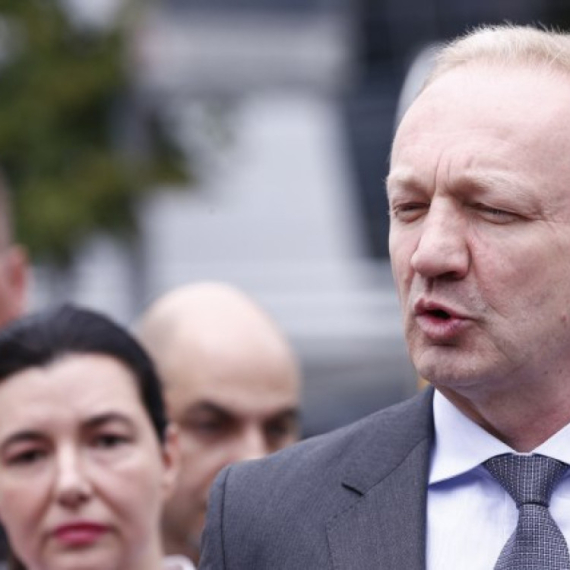




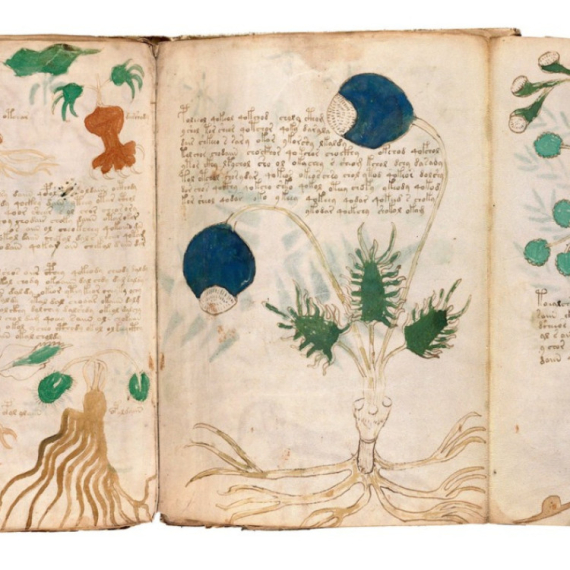



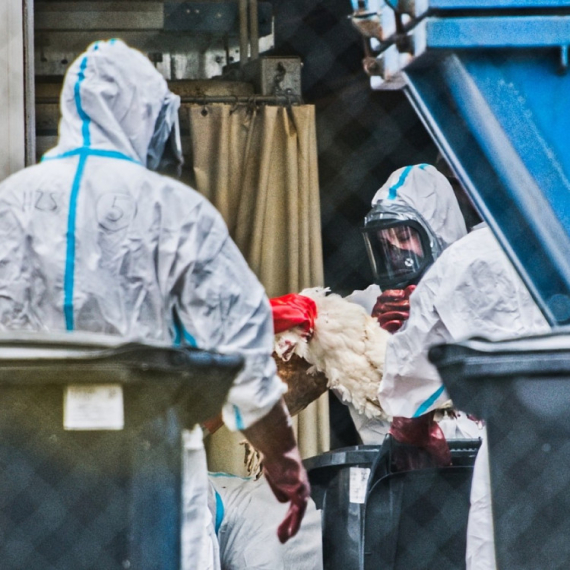













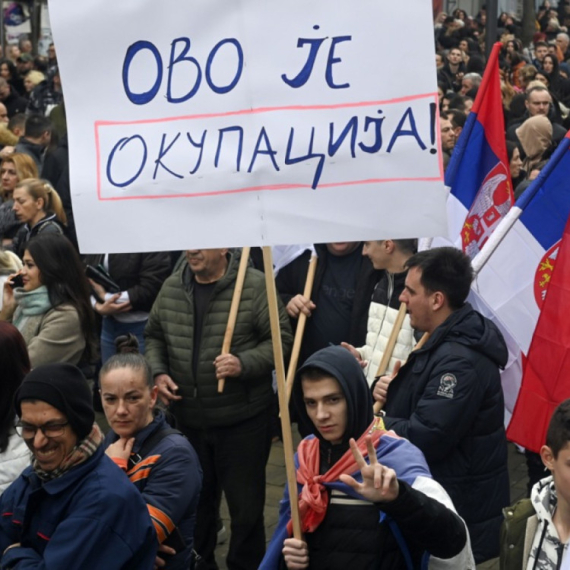
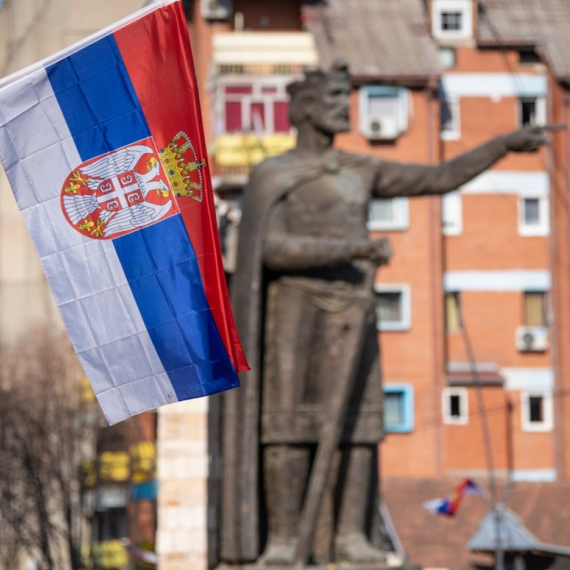
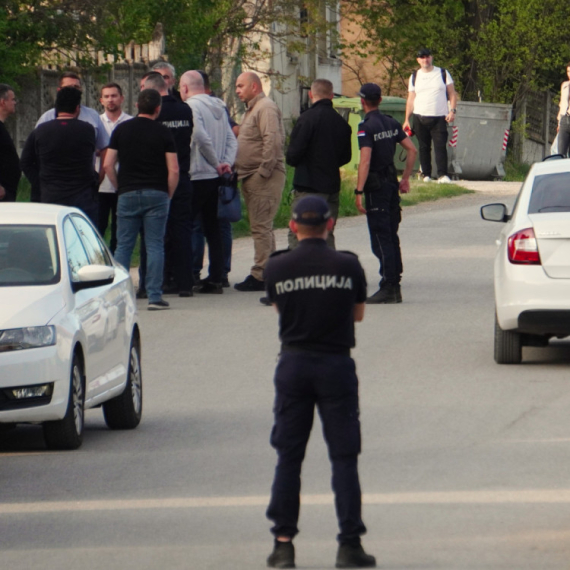

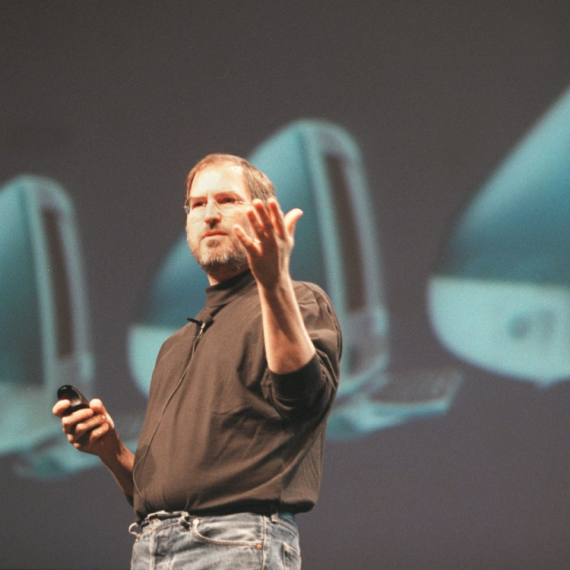



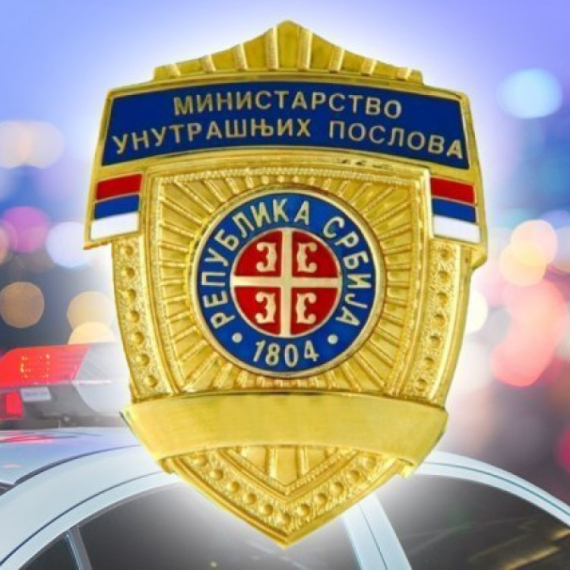



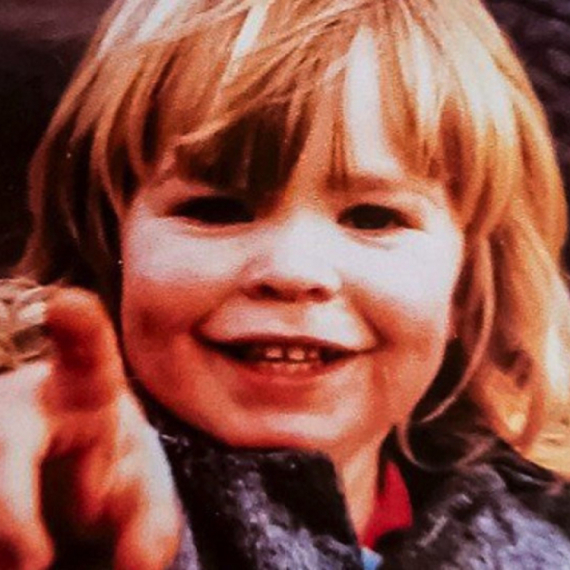
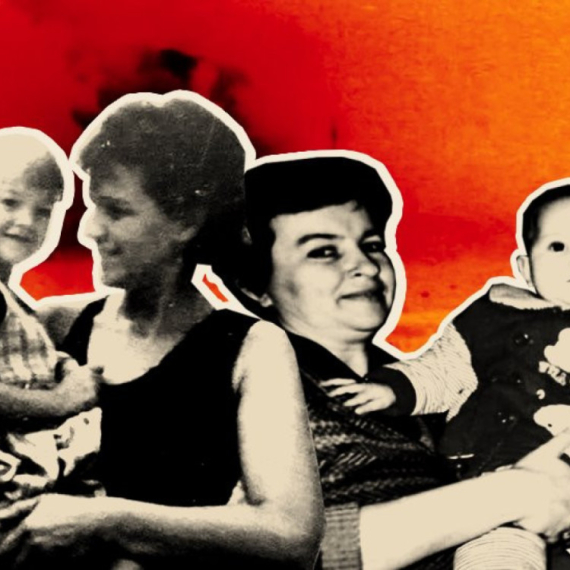

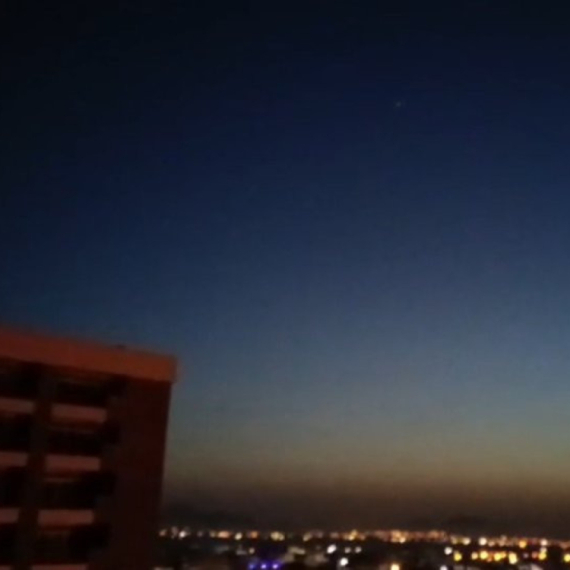


Komentari 13
Pogledaj komentare